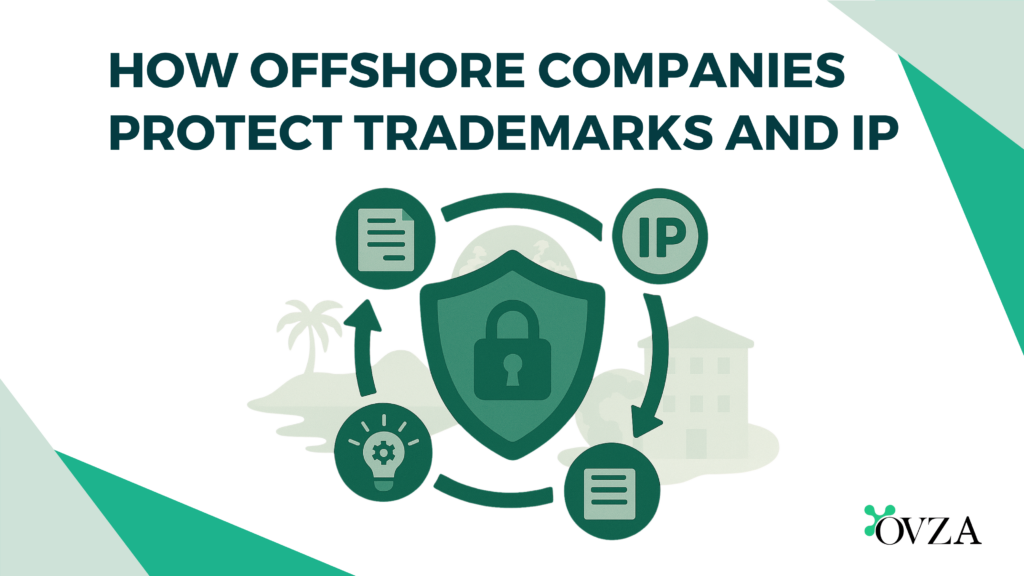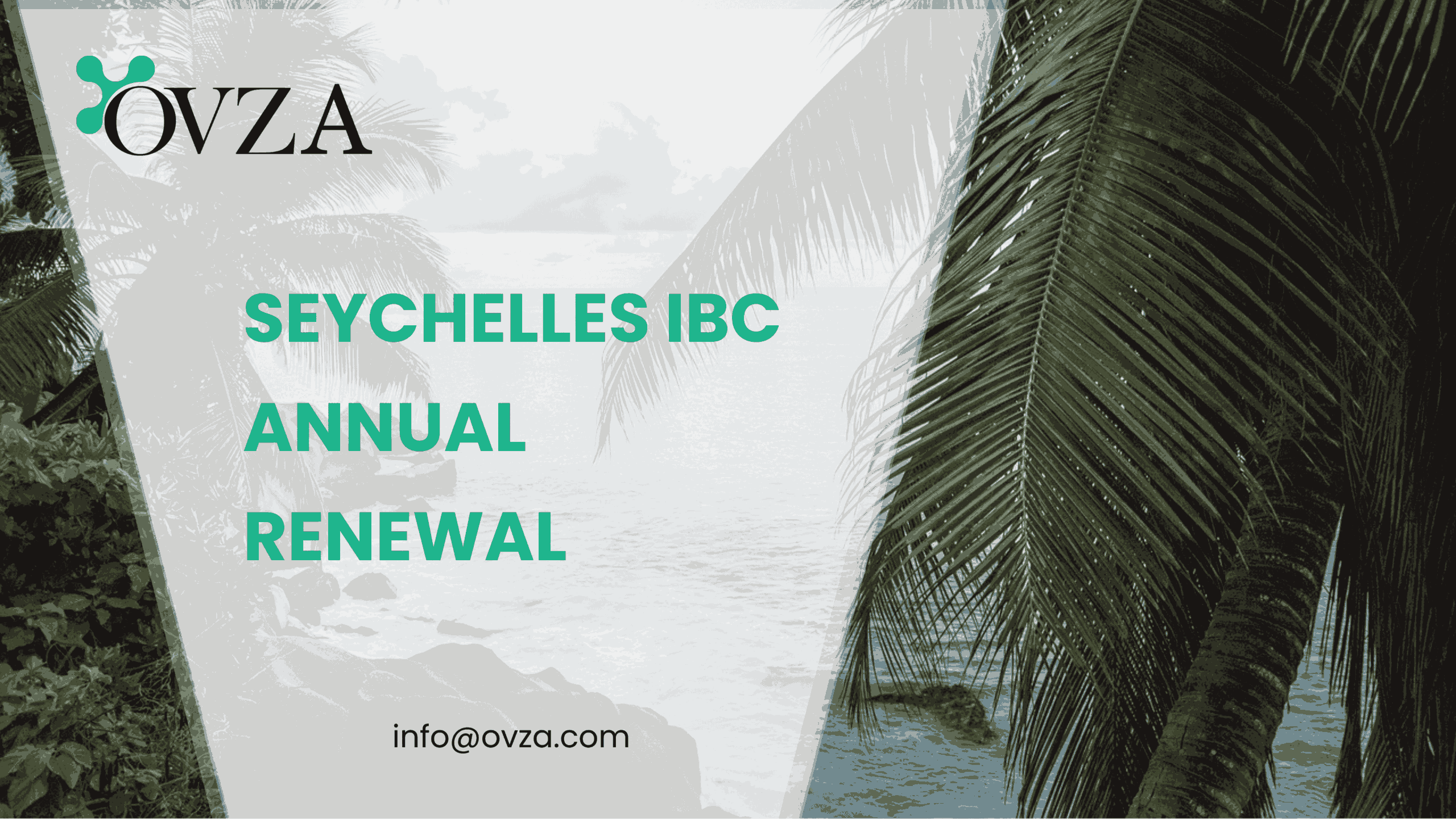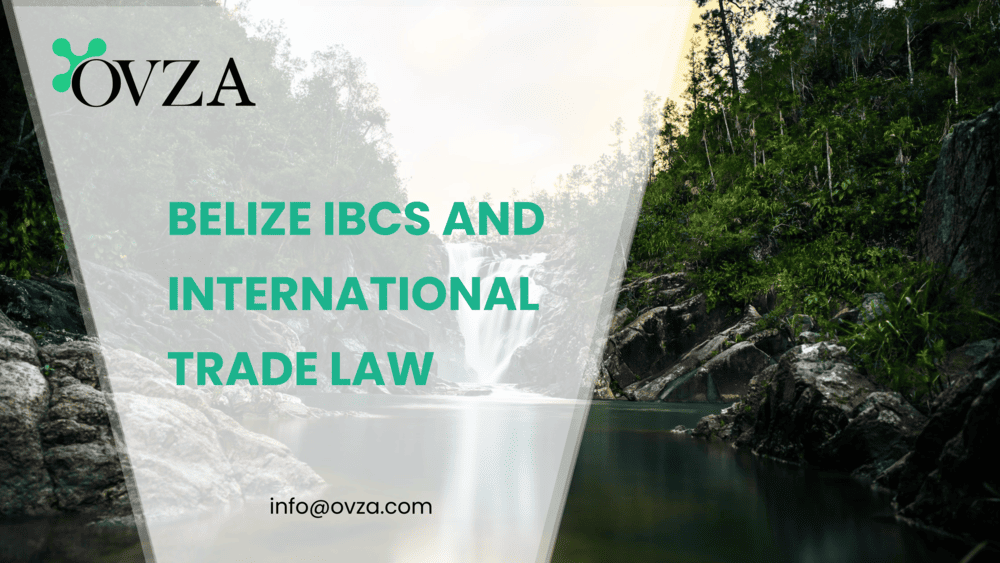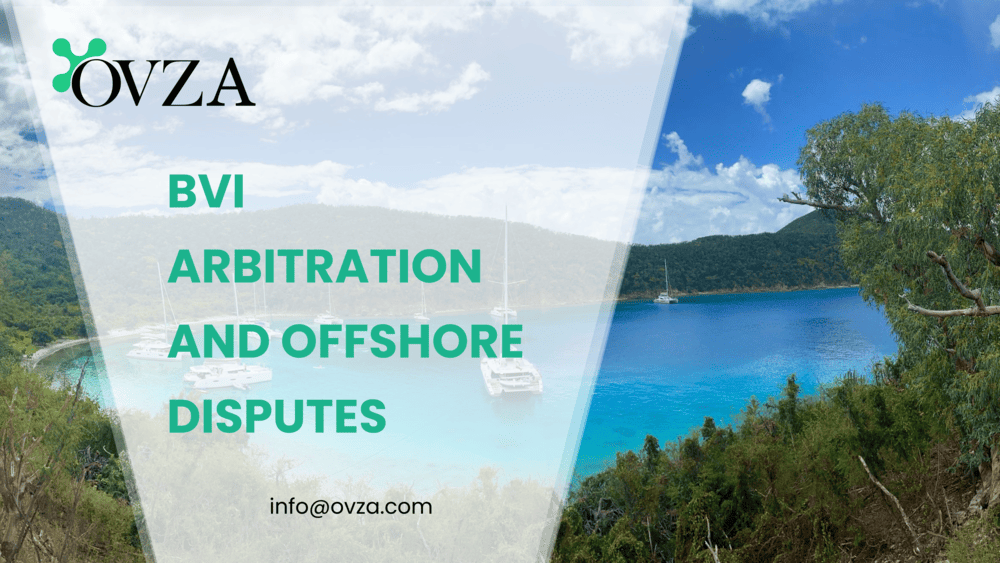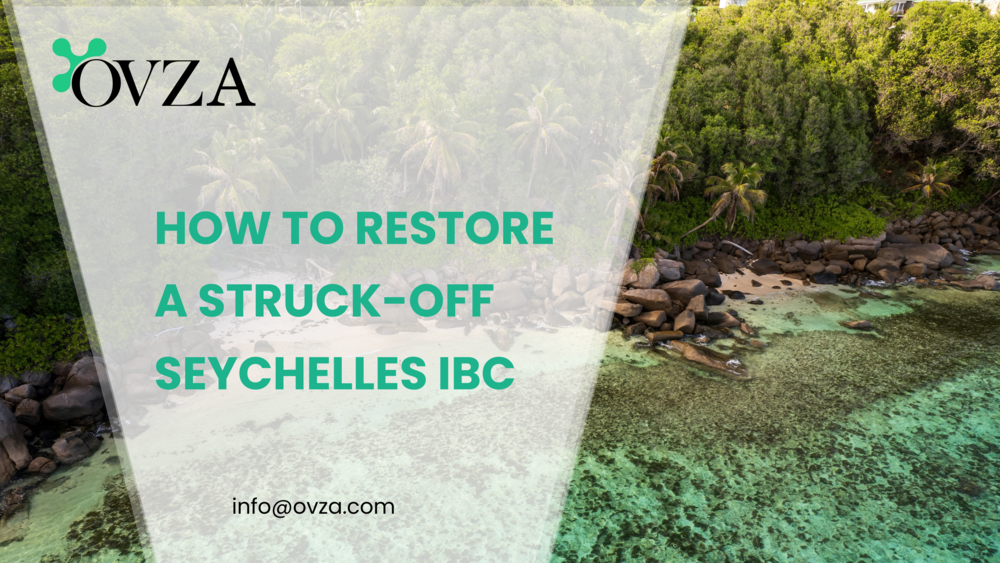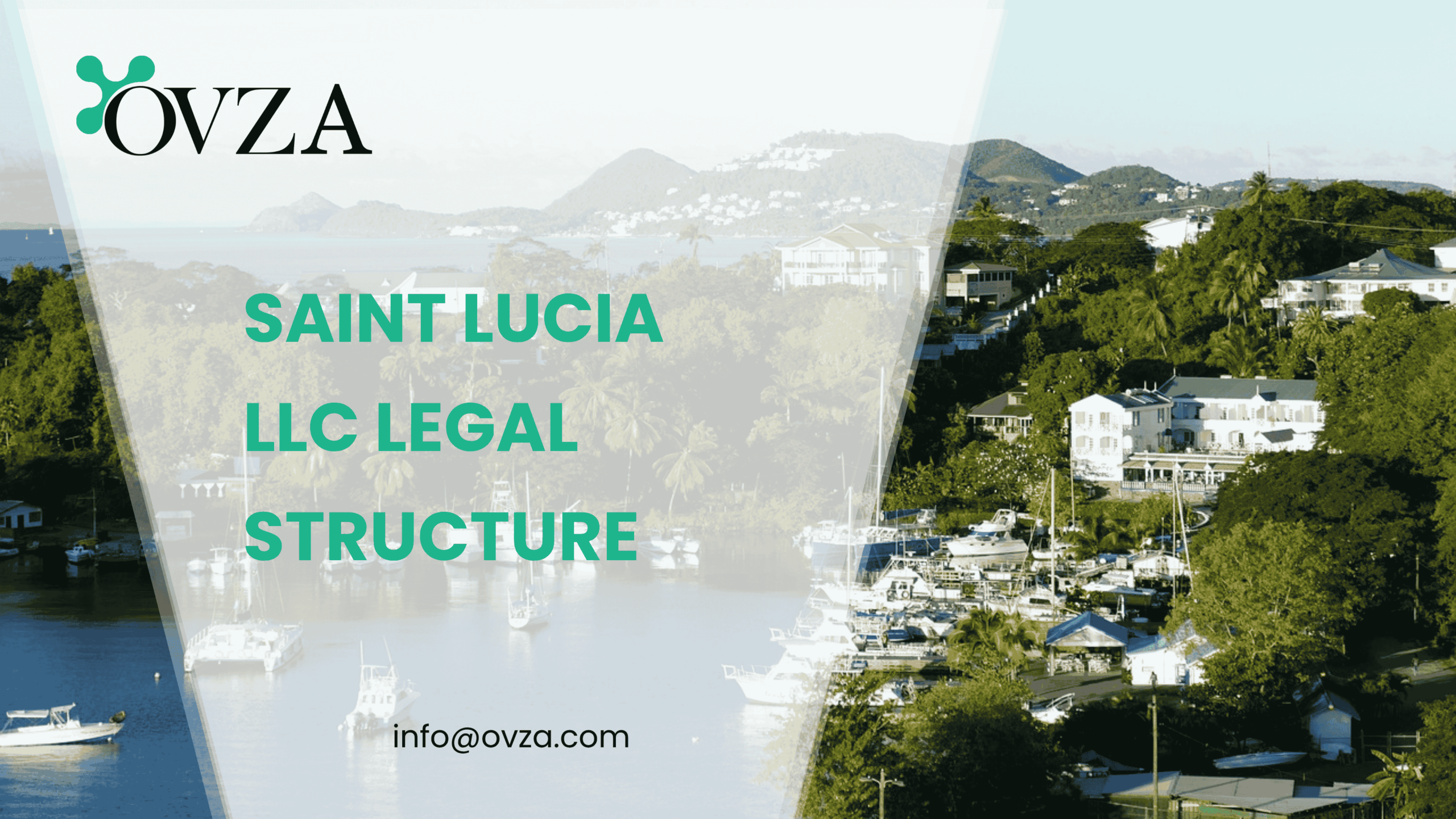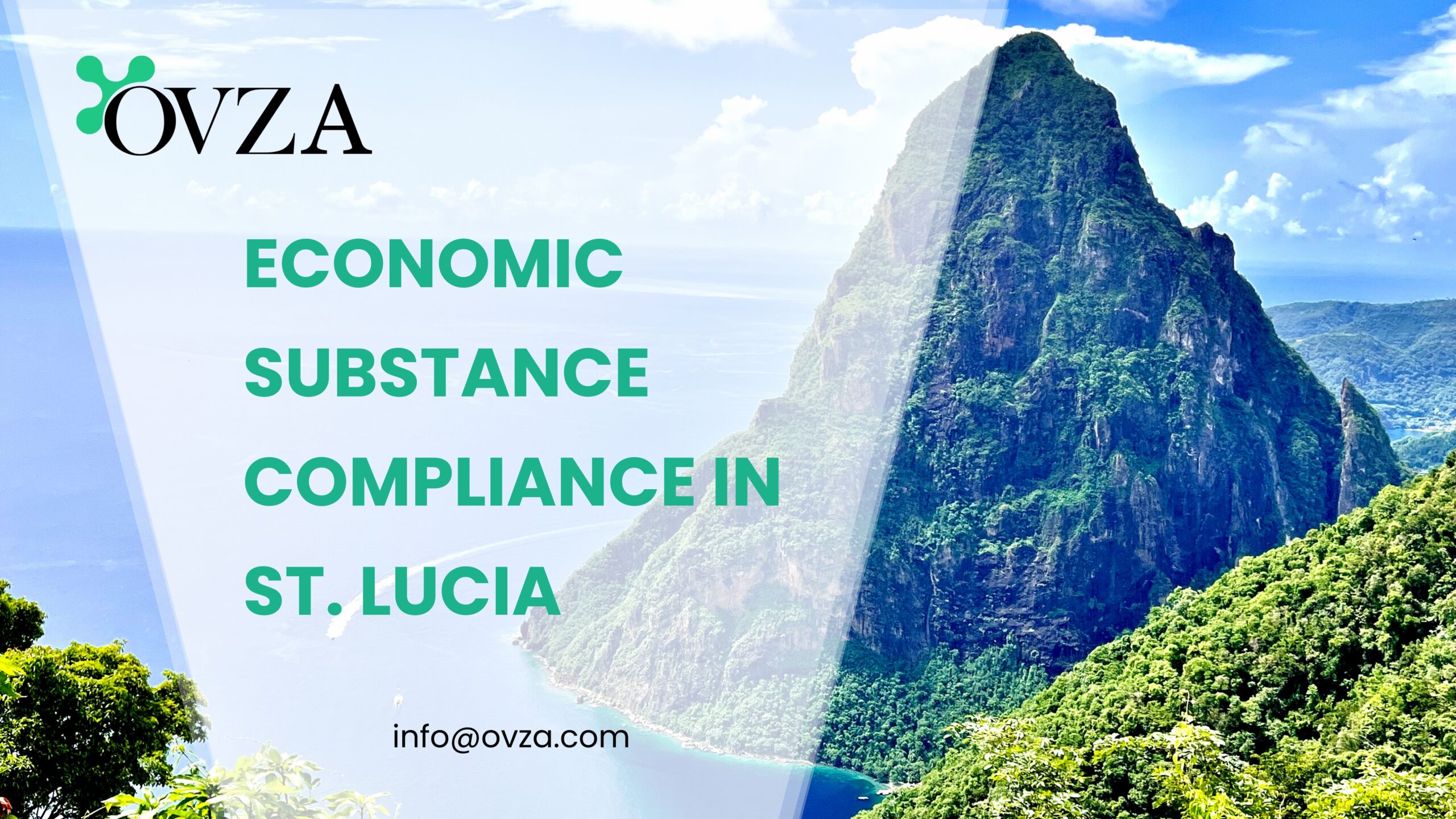Using an offshore structure to hold your trademarks is a strategic way to protect intellectual property across multiple jurisdictions. Whether it’s a recognizable brand name, a logo, or a proprietary product design, your intellectual property defines your business identity across markets. But when it comes to protecting these assets globally, not all jurisdictions offer the same strategic benefits—especially as geopolitical tensions and tax transparency initiatives continue to reshape the global compliance landscape.
As governments become increasingly aggressive in asserting tax claims and enforcing jurisdictional control over intangible assets, multinational companies have had to rethink where and how they hold their intellectual property. Holding trademarks in politically charged or high-tax jurisdictions can expose a business to reputational, legal, and financial risks. This is where offshore jurisdictions—particularly those known for political neutrality and tax efficiency—offer a compelling solution for IP protection and global trademark ownership.
What Is WIPO and Why It Matters
The World Intellectual Property Organization (WIPO) is a specialized agency of the United Nations, established to promote and protect intellectual property rights across borders. One of its most important tools is the Madrid System for the International Registration of Marks, which allows businesses to file a single trademark application that can then be extended to more than 100 countries worldwide.
Instead of registering your trademark separately in each country—an expensive, time-consuming process—you can use WIPO to centralize that protection under one system. This simplifies not only registration, but also renewals, ownership transfers, and enforcement. WIPO acts as the gateway for global trademark rights, offering a standardized and treaty-recognized mechanism that transcends national borders.
Critically, WIPO does not require your company to be domiciled in a high-tax or politically active jurisdiction. As long as your business is legally formed in a member country, and your mark is registered locally, you can use that entity to file an international trademark application. This opens the door for offshore entities, which are legally registered companies in low-tax, neutral jurisdictions, to act as the official holders of global IP rights.
Why Offshore Jurisdictions Make Sense for Holding Trademarks
Offshore jurisdictions offer a unique advantage for businesses seeking a neutral, stable, and tax-efficient base for holding intellectual property. Unlike traditional high-tax jurisdictions—where IP may become entangled in political or fiscal disputes—offshore jurisdictions are typically characterized by their non-interventionist stance, simple legal frameworks, and robust corporate privacy protections.
When it comes to trademark ownership, neutrality matters. In many cases, IP registered or held in politically influential jurisdictions can become subject to asset freezes, sanctions, or unexpected tax liabilities—especially in today’s rapidly shifting regulatory alliances. Offshore jurisdictions like the British Virgin Islands (BVI), Cayman Islands, Seychelles, and Belize allow businesses to hold, license, or assign trademarks without the geopolitical baggage of countries like the U.S., U.K., or EU states.
These jurisdictions also support IP holding companies—dedicated entities created specifically to own and manage trademarks, patents, copyrights, and other intangible assets. When combined with a WIPO registration, this structure allows the offshore company to act as the centralized global owner of the brand. Licensing rights can then be distributed to operating subsidiaries in any market around the world.
A notable example of this strategy is Ernst & Young (EY), a global accounting giant, which holds its primary trademark in the Cayman Islands. The rationale is clear: placing the brand in a neutral, business-friendly jurisdiction allows EY to license it globally without subjecting the asset to unnecessary regulatory risks or multi-jurisdictional tax entanglements.
How to Register a Trademark Offshore
To leverage the full benefits of this structure, a company would typically follow this process:
- Form an offshore entity in a jurisdiction that supports international business companies (IBCs) or similar structures—such as the Cayman Islands, Seychelles, or BVI.
- Register the trademark locally within that jurisdiction. While some offshore jurisdictions are not traditionally viewed as trademark hubs, many offer basic trademark registries recognized under international treaty law.
- Once the local registration is complete, file an international trademark application under the Madrid System via WIPO. The offshore company will be the applicant, and the local registration acts as the “base” mark for international protection.
This approach enables the company to secure trademark rights in multiple countries from a single filing—without ever needing to directly register or hold the asset in a high-tax or politically exposed jurisdiction. Additionally, IP ownership remains centralized, making it easier to license, assign, or transfer globally with minimal legal complexity.
Conclusion
As global markets become increasingly complex, businesses must take strategic steps to protect their most critical intangible assets: trademarks, brand identities, and intellectual property. Registering a trademark through an offshore company—using a WIPO-backed international application—provides not only global legal coverage, but also political and financial neutrality.
For companies looking to grow internationally while maintaining control over their IP in a secure and tax-efficient way, this strategy isn’t just legal—it’s smart. And as demonstrated by major multinationals like EY, holding your brand offshore is not a loophole, it’s best practice.
Disclaimer: The information provided on this website is intended for general reference and educational purposes only. While OVZA makes every effort to ensure accuracy and timeliness, the content should not be considered legal, financial, or tax advice.


